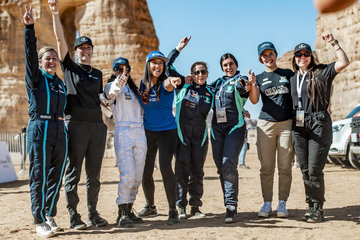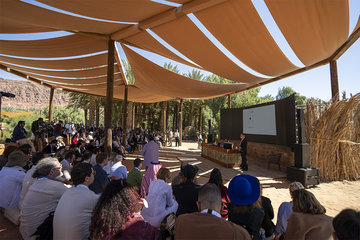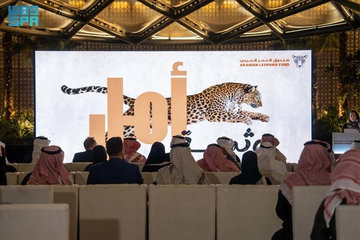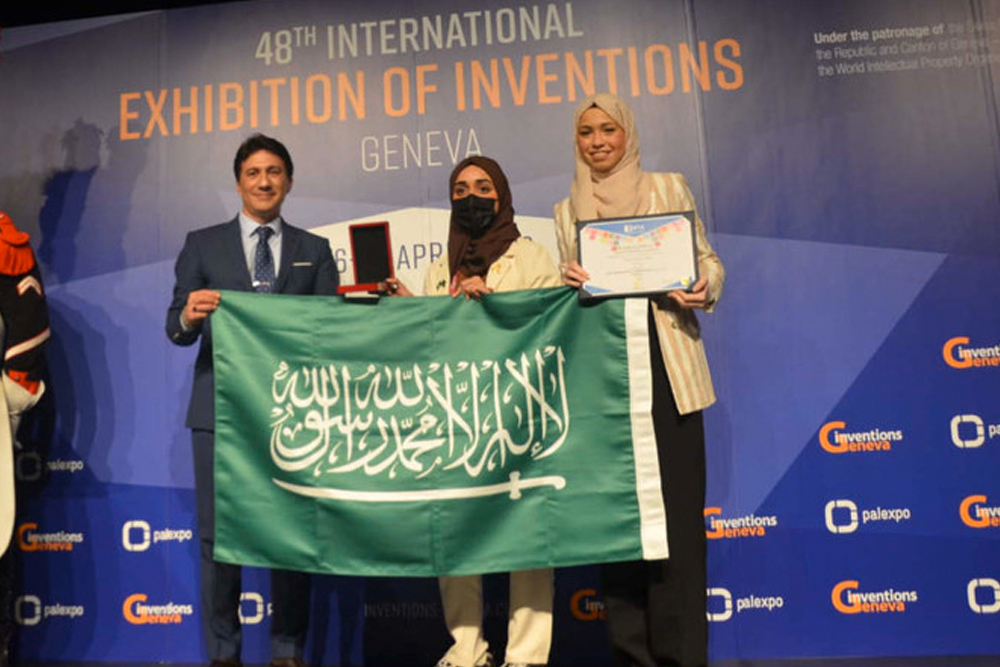
The intelligence and creativity of Saudi students shone in the 48th Geneva International Exhibition of Inventions as they emerged victorious with 41 medals. King Abdulaziz University’s various colleges, including those of medicine, engineering, information technology, and nursing, produced the winning inventions, which showcased the innovative capacity of the Kingdom.
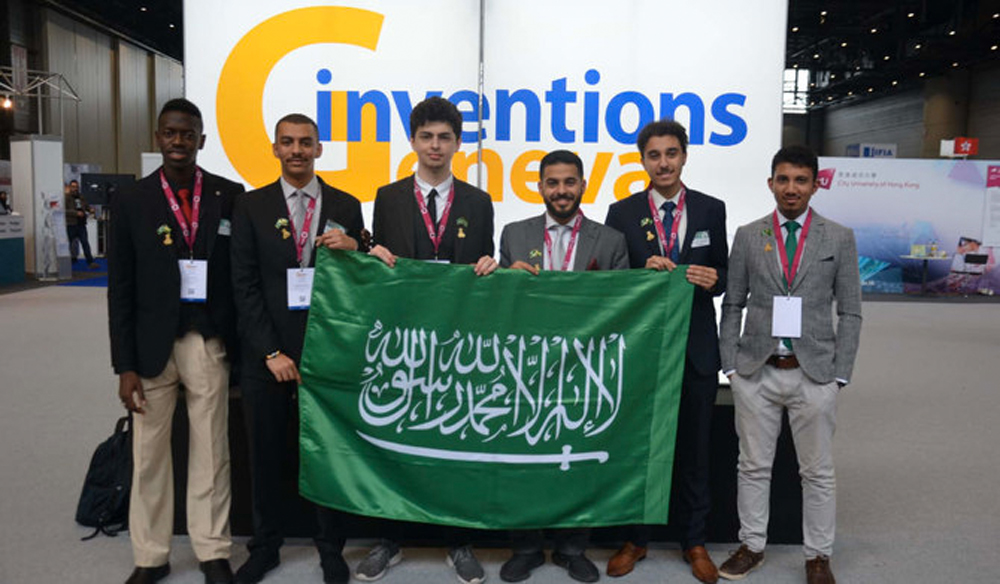
The exhibition gathered 825 exhibitors from 44 countries, who presented more than 1,000 inventions. However, it was the participation of King Abdulaziz University that was particularly noteworthy. Dr. Iqbal Ismail, the university’s head of innovation, stated that the participation of King Abdulaziz University at the event was the largest and had been ongoing since 2016.

Dr. Hana Al-Naim, the acting president of King Abdulaziz University, praised the exceptional achievements of the university’s students, both male and female, and highlighted how their contributions have elevated the community, as well as the Kingdom’s ranking, both regionally and globally, in the field of creativity and innovation.

One of the award-winning inventions, a laser blood disease detector, designed by Rahaf Alem and Raghad Al-Jundi, received the International Federation of Inventors Association Award, along with a gold medal. Faisal Al-Subaie was recognized with a special prize from Taiwan for his invention of a cistern made from palm fronds, which provides irrigation water. Ahmed Al-Zahrani, Saleh Bakraa, Marwan Al-Jadaani, and Mohammed Al-Khamis won a special award for their automated diagnostic platform.

Duaa Al-Shabani, Lama Al-Jelani, Gaitha Al-Khatami, Emtinan Yamani, and Hadeel Al-Lazori received the silver medal for their antimicrobial agent for dialysis patients, while several other Saudi inventions received the bronze medal. Among them were Safwan Hashim and Abdullah Abu Thyab for their renewable-energy car umbrella, Abdullah Al-Khotami for his work on protective glasses that shield wearers from thermal diseases, and Hala Mogarbel, Shahad Asiri, and Shatha Al-Sulami for their urinary catheter holder invention.
Dina Al-Shibeeni, Marwa Bakour, and Hind Al-Rashid won a bronze medal for the invention of an artificial intelligence gardening system, while Bateel Bajamal, Rena Al-Qahtani, Joud Hakami, Asmaa Bahmeed, and Shahad Al-Nahdi were awarded for their bedsore-proof bed invention. Shathar Al-Shabak, Jumana Al-Madhoun, Njoud Al-Ghamdi, and Raneem Saati’s invention of “Minqath,” a drowning warning system, also earned them a bronze medal. Finally, Sumayah Baamer, Raniya Baksh, Rahaf Al-Saeed, and Deema Majashi were awarded for their artificial intelligence school environment safety measures.
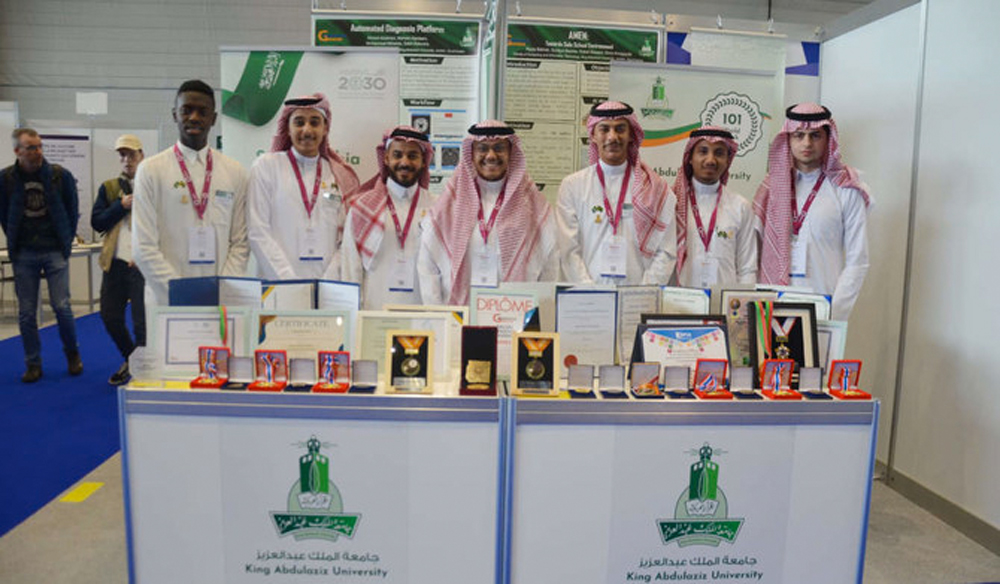
Dr. Ismail remarked that the impact of such student participation would be significant in shaping a generation that thinks scientifically and develops practical solutions to community problems. He also highlighted the importance of the exhibition in transforming inventions into products that can be manufactured and marketed both inside and outside the Kingdom.
On Wednesday, Al-Naim will honor the winning students at a ceremony, a fitting tribute to their outstanding contributions to the field of innovation and their unwavering commitment to advancing the Kingdom’s standing on the global stage.

